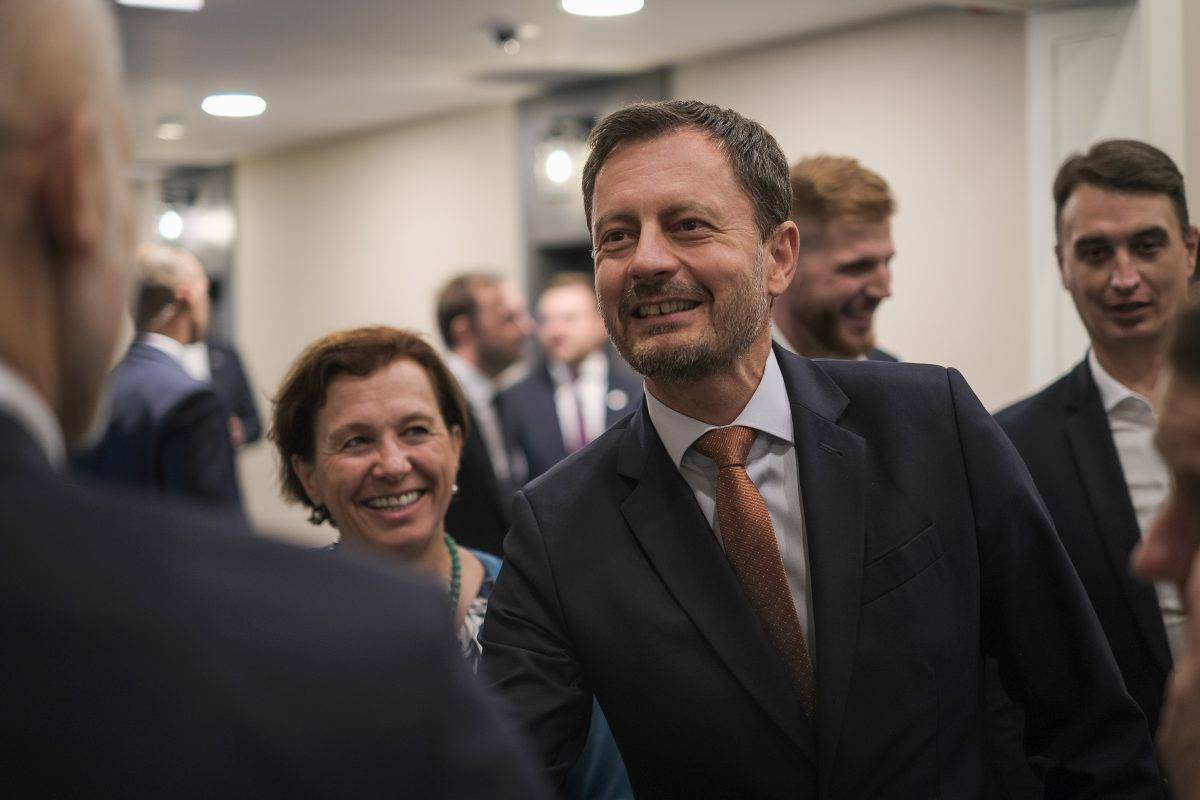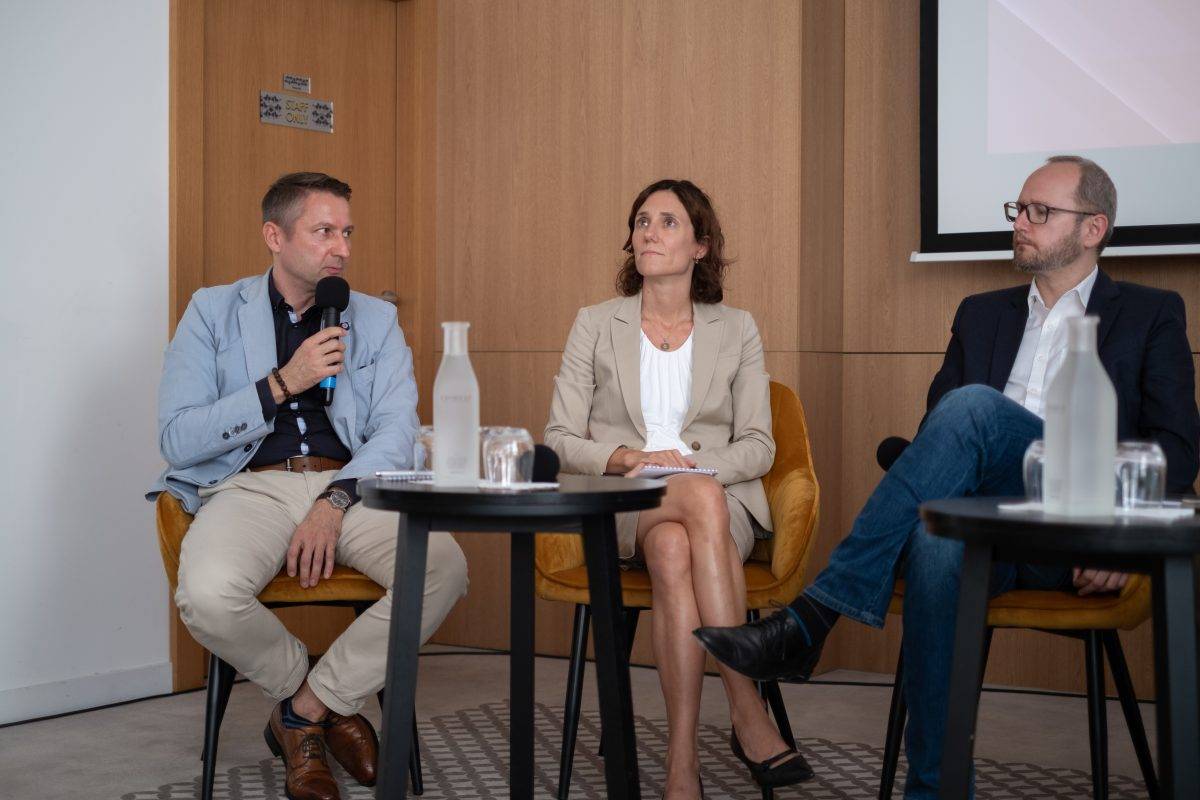In cooperation with partners, this year we organized the seventh annual meeting of the Slovak security and defence community called “Together on Security and Defence”. This year was naturally marked by the sharing of experiences in connection with the ongoing Russian war in Ukraine and its consequences for our security and outlook on the current challenges and threats that the war in our immediate neighborhood has brought or underlined.
Such important topics were discussed in Modra in the presence of the representatives of the state sector together with representatives of the non-governmental sector, the academy, the armed forces and the private sector. Prime Minister Eduard Heger opened the event with a speech and the conference was also attended by Minister of Defense Jaroslav Naď, Minister of Foreign and European Affairs Ivan Korčok, Minister of Health Vladimír Lengvarský and Minister of Transport and Construction Andrej Doležal, Chief of the General Staff General Daniel Zmeko and other distinguished guests.


As part of the conference program, three panel discussions were held, which were opened by the speech of State Secretary of the Ministry of Defense, Marian Majer. The first of them was entitled “Comeback of Hard Security” and was devoted to current issues of the defense policy of the Slovak Republic, for example in connection with the modernization of the army or the presence of NATO in Slovakia. In the discussion entitled “New and old vulnerabilities”, the guests focused on issues such as resilience, strategic communication, but also energy security and hybrid threats. On the second day of the conference, the Minister of Defense Jaroslav Naď, together with the Minister of Foreign and European Affairs Ivan Korčok, held an informal discussion entitled “Slovakia in the new geopolitical reality”, which was devoted to current foreign-political and security issues not only in connection with the war in Ukraine.
The conclusions of the discussions are available for download here (in Slovak language only).








This project is supported by Ministry of Foreign and European Affairs of the SR and NATO’s Public Diplomacy Division. The opinions and statements expressed within the project do not represent the official opinions of the partners. The individual authors are responsible for the content of the outputs.



